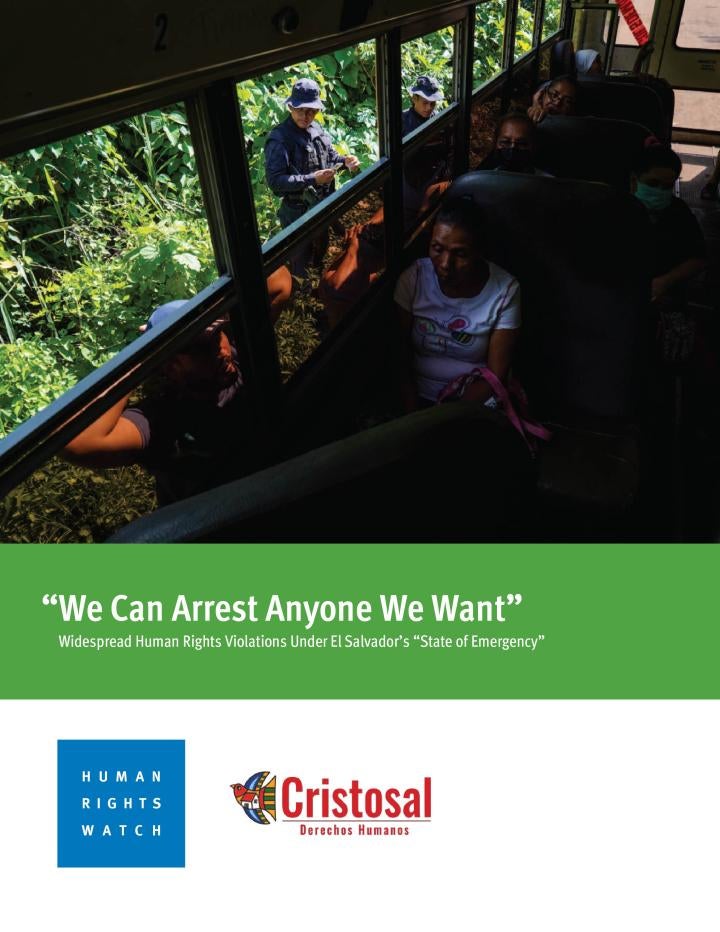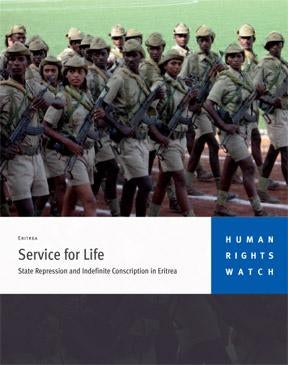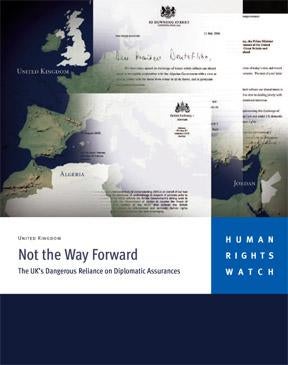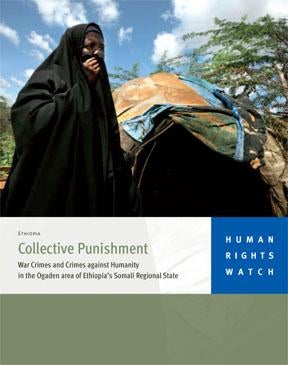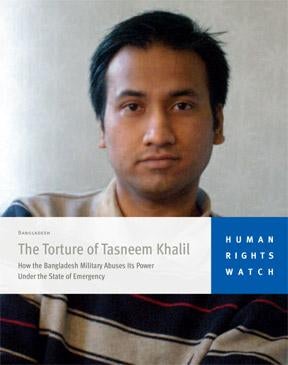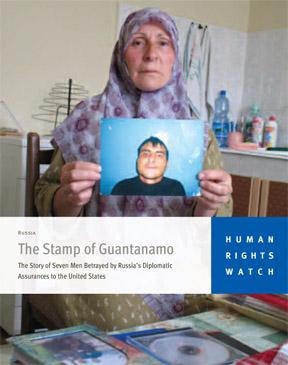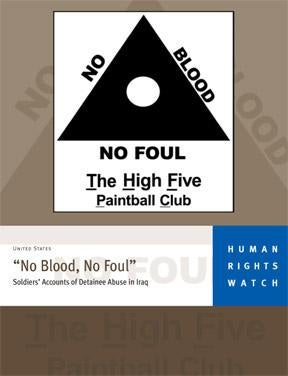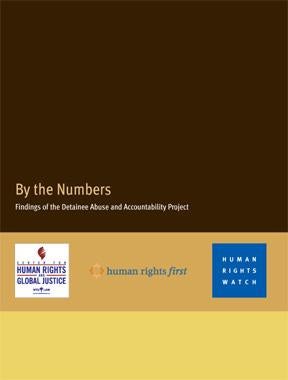“We Can Arrest Anyone We Want”
Widespread Human Rights Violations Under El Salvador’s “State of Emergency”
The 89-page report, “‘We Can Arrest Anyone We Want’: Widespread Human Rights Violations Under El Salvador’s ‘State of Emergency’” documents mass arbitrary detention, torture and other forms of ill-treatment against detainees, enforced disappearances, deaths in custody, and abuse-ridden prosecutions. President Nayib Bukele’s swift dismantling of judicial independence since he took office in mid-2019 enabled the abuses.
